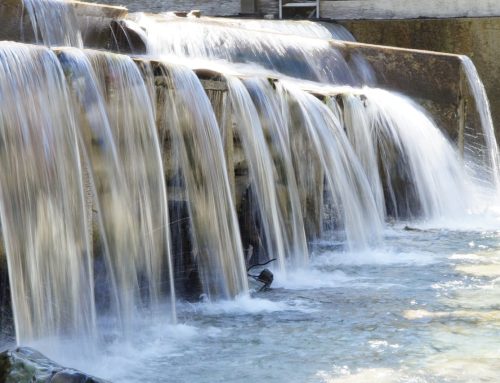 The Water Literacy Foundation is a foundation set up by Ayyappa Masagi, the recipient of the 2004 Ashoka Award for Public Innovation, which he then used to set up the Foundation.
The Water Literacy Foundation is a foundation set up by Ayyappa Masagi, the recipient of the 2004 Ashoka Award for Public Innovation, which he then used to set up the Foundation.
Masagi’s Water Literacy Foundation has since helped in excess of 100,000 Indian farmers to fight drought using simple structures to capture rainwater using a simple pit-based system.
What is the Water Literacy Foundation?
The Water Literacy Foundation helps farmers to use a bespoke approach to ending water poverty by aiding them to build customised structures dependent on their particular piece of land, taking into consideration the average rainfall in that area, the size of the land, the catchment area, and the farmer’s budget.
Masagi, or one of his 100 community water warriors, those who have already successfully implemented his water-harvesting systems and who now assist others to do the same, will survey the farmer’s land and provide him with a list of materials required; it is then up to the farmer to build the structure according to the Foundation’s design, using his own resources and money.
The pit-based system makes use of permanent structures of sand, soil, mud, gravel and boulders which are built and partially filled with a mixture of sand and gravel; eight structures per acre of farmland. Water trickles through this gravel and sand and slowly charges the subsoil every time that it rains or floods, and once the soil is saturated the water will bubble back up through the sand and gravel, forming natural springs. This means that there is always moisture in the soil, the chances of contamination are minimal, and the water cannot escape due to evaporation.
Through his Foundation, Masagi also started Water Literacy on Wheels. Armed with his laptop, his Do it Yourself Water-Harvesting Instruction Booklet and a CD, the Water Gandhi travels to the remotest areas of Karnataka state to educate farmers in water-literacy. He gives talks at farmers’ festivals, informing both farmers and government officials of his successful projects and tells them how they can end water poverty.
Masagi says, To enable water-efficiency in India, integration between urban, rural, industrial and agricultural sectors is essential. Instead of large-scale river-linking or damming projects, simple techniques at a micro-level for self-sufficiency will change the situation. Through the Water Literacy Foundation, I envisage a water-efficient globe. Who says there is a water crisis? If we adopt simple methods, India will be a water-surplus nation by 2050.
Living-Water sells water cooler accessories in London. Get bottled water coolers and mains fed water coolers.





